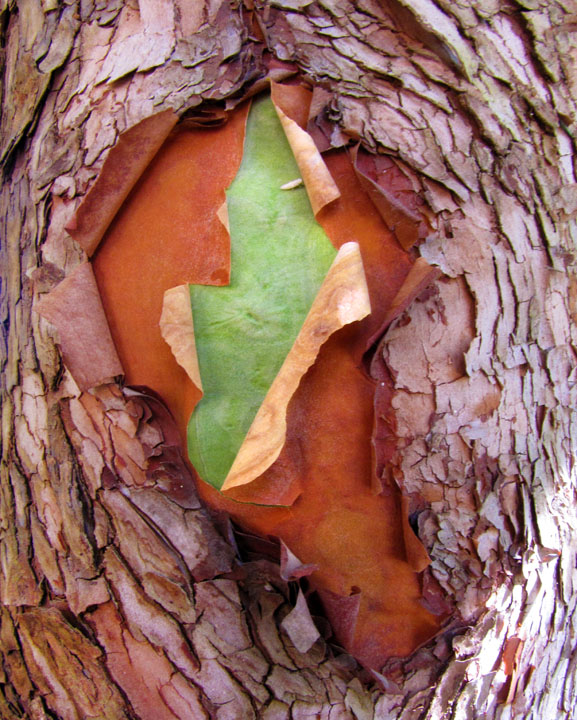
The glory of God is a human being fully alive!
– St. Irenaeus
“Here’s a guy [Bernie] who…was more like sunshine in human form…one who loved life so genuinely and who consented to its goodness so completely…and yet in one second he dropped it all at God’s request. Now that is what detachment is! It’s the acceptance of everything God wants us to accept and the willingness to give it back to him at a moment’s notice. That is human freedom. And it’s not loving the world less that makes you holy. It’s loving it passionately and the people in it and the concern…this is how God is. And, at the same time, for the love of God…to let it go…without a moment’s hesitation. What a gift!”
– Thomas Keating, from the Session 45 video
“We are now approaching our true self. We are approaching our inmost center. We are approaching ‘Love loving itself.’ What is going to happen? Without intending anything special, without necessarily doing anything special, people begin to find God in us as we humbly do what we are supposed to be doing. Complete submission to God allows the divine energy to radiate, and others seeing this have a sense of being in touch with God or in the midst of a community where divine love exists. This is what a Christian community is supposed to be, whether it is a family, parish, or organization. This…way of working or acting in daily life might be called ‘transmission.’
“…Our contemplation is thus perceived, enjoyed, and received, perhaps without a word being spoken, or without anyone being able to explain it. People know that, somehow, Christ is active and present in us – loving them through us. This is the atmosphere in which people can grow and become fully alive. One needs to feel loved as a human being to come alive. The greatest love, of course, is divine love, especially when it become transparent in others. And divine love is most impressive when such persons are not even aware of it, when that love just happens.”
– Thomas Keating, The Divine Indwelling
And Now What?
“Q: Is there any regret?
“A: No regret, but there is an awareness that the expectations and wishes of the world often cannot be met.
“Q: What would you specify as ‘your’ function?
“A: To be that which I am to the world and explain it as clearly as possible in order to facilitate spiritual awareness and thus contribute to the relief of the suffering of mankind. The energy field with which that function is accompanied does by itself silently contribute to the well-being of human life and diminish human suffering, which itself is a satisfaction and a completion.
“Q: What prayers are useful?
“A: Ask to be the servant of the Lord, a vehicle of divine love, a channel of God’s will. Ask for direction and divine assistance and surrender all personal will through devotion. Dedicate one’s life to the service of God. Choose love and peace above all other options. Commit to the goal of unconditional love and compassion for all life in all its expressions and surrender all judgment to God.”
– David Hawkins, The Eye of The Eye
To Practice
- Centering Prayer, the Prayer of Consent:
- A method that stars off with kenosis – the emptying of self
- A process of letting go: thoughts, reflections, will, intellect, sensations, feelings – everything to God
- A downward movement to what’s blocking the free flow of grace
- A rising movement of the influence of the Divine Indwelling
- A prayer of consent to life, death – and all that lies in-between – as God’s gracious gifts
- Reflect on the Four Consents – the goodness of being, participation, diminishment, transformation. What has touched you about this way to fullness of life?





